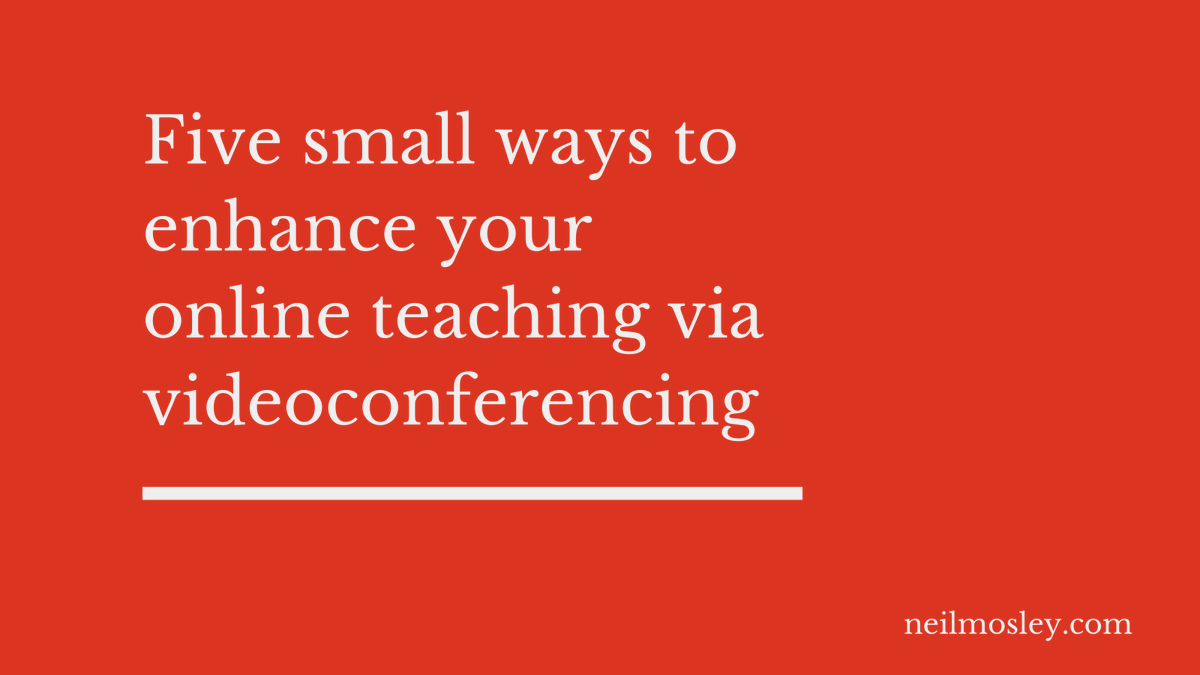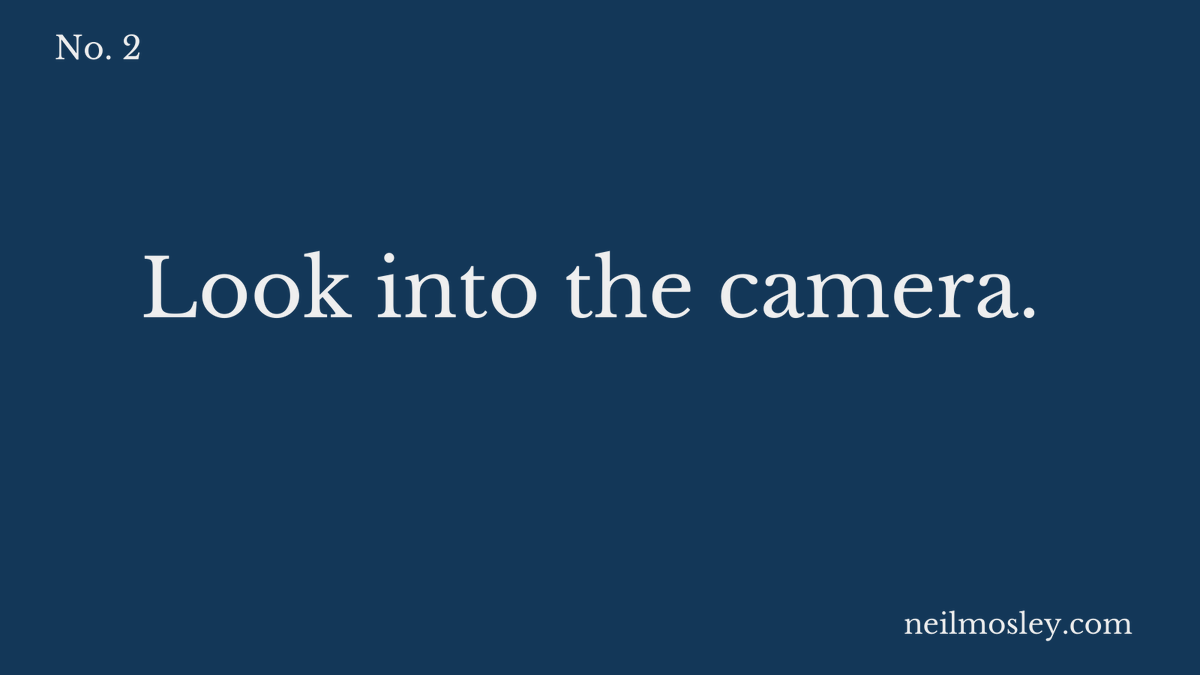
Learning design is about designing and creating the best conditions for learning to result. It’s the design of experiences and those experiences come in different shapes and sizes. 1/
It’s about designing for people - which means it’s complex. I love this quote from Dieter Rams that speaks to this - “You cannot understand good design if you do not understand people; design is made for people”. 2/
The learning design process can range in its breadth and depth and we often think of it way too narrowly - you write some learning outcomes, design an assessment, create content & activities and then boom, you're done... 3/
..but I think learning design can and should be much bigger including things like the design of environments, thinking about things like relationships between people and how they contribute towards create conditions for learning, and much more. 4/
Learning design is or should be continuous, because it’s not an exact science. It entails a lot of complexity and variables…it’s deep thought-work, and a continuous cycle of conducting research and interpreting research, dialogue, reflection, evaluation and iteration. 6/
The dialogue between subject matter experts and designers through the process of learning design is a huge benefit as it often aids the development of subject matter experts in thinking about the learning process and the design of experiences. 7/
Expertise in a subject area doesn’t automatically qualify you to be able to teach and design learning experiences, so we need learning designers to help translate expertise into learning experiences amongst other things. 8/
Going forward learning experiences are only going to become more complex and unless education providers fully acknowledge this and seek to change their culture, processes, recruitment etc - then educational experiences...9/
...will continue to be in some cases impoverished and suboptimal - high demand for education veils the lack of quality that often exists with people tolerating this or not having a frame of reference for something better...10/
...if learning continues to be heralded as being more and more important for the future, then education providers need to deeply consider whether they're actually, fundamentally setup for learning or just performance. END/ #learningdesign
• • •
Missing some Tweet in this thread? You can try to
force a refresh






